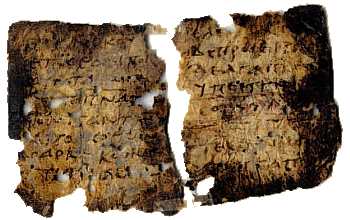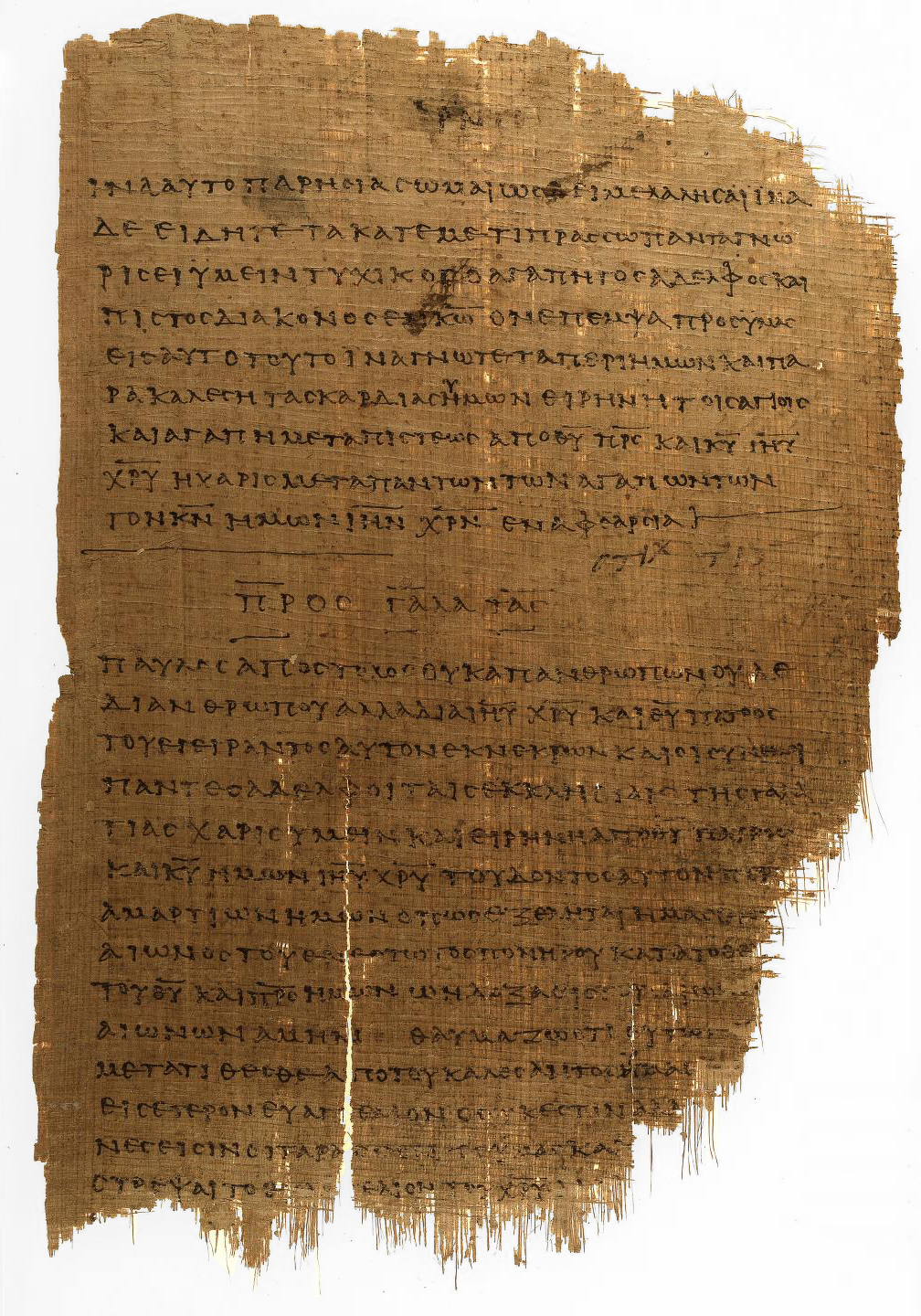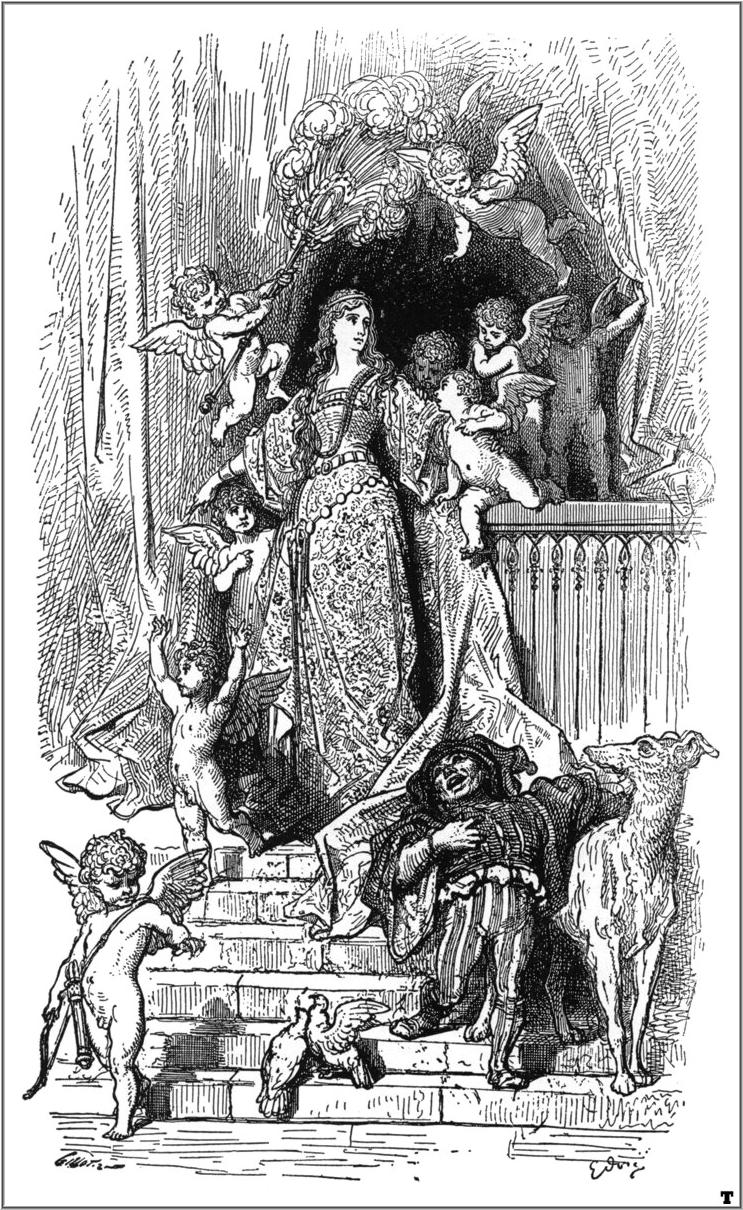|
Christian Views On Magic
Christian views on magic or magick vary widely among Christian denominations and individuals. Many Christians actively condemn magic as satanic, holding that it opens the way for demonic possession while other Christians simply view it as entertainment. Conversely, some branches of esoteric Christianity who partake in a mystical version of Christianity actively engage in magical practices. Biblical references There are several references to witchcraft in the Bible that strongly condemn such practices. For example, condemns anyone who "casts spells, or who is a medium or spiritist or who consults the dead. Anyone who does these things is detestable to the Lord, and because of these detestable practices the Lord your God will drive out those nations before you", and states "Do not allow a sorceress to live" (or in the King James Bible "thou shalt not suffer a witch to live"). It has sometimes been suggested that the word "witch" (Heb. מְכַשֵּׁפָ֖ה ''məḵaššêp̄ ... [...More Info...] [...Related Items...] OR: [Wikipedia] [Google] [Baidu] |
Christian Denomination
A Christian denomination is a distinct Religion, religious body within Christianity that comprises all Church (congregation), church congregations of the same kind, identifiable by traits such as a name, particular history, organization, leadership, theology, theological doctrine, worship style and, sometimes, a founder. It is a secular and neutral term, generally used to denote any established Christian church. Unlike a cult or sect, a denomination is usually seen as part of the Christian religious mainstream. Most Christian denominations refer to themselves as ''churches'', whereas some newer ones tend to interchangeably use the terms ''churches'', ''assemblies'', Koinonia, ''fellowships'', etc. Divisions between one group and another are defined by authority and doctrine; issues such as the Christology, nature of Jesus, the authority of apostolic succession, biblical hermeneutics, Christian theology, theology, ecclesiology, Christian eschatology, eschatology, and papal primacy m ... [...More Info...] [...Related Items...] OR: [Wikipedia] [Google] [Baidu] |
Didache
The ''Didache'' (; ), also known as ''The Lord's Teaching Through the Twelve Apostles to the Nations'' (), is a brief anonymous early Christian treatise ( ancient church order) written in Koine Greek, dated by modern scholars to the first or (less commonly) second century AD. The first line of this treatise is: "The teaching of the Lord to the Gentiles (or Nations) by the twelve apostles". The text, parts of which constitute the oldest extant written catechism, has three main sections dealing with Christian ethics, rituals such as baptism and Eucharist, and Church organization. The opening chapters describe the virtuous Way of Life and the wicked Way of Death. The Lord's Prayer is included in full. Baptism is by immersion, or by affusion if immersion is not practical. Fasting is ordered for Wednesdays and Fridays. Two primitive Eucharistic prayers are given. Church organization was at an early stage of development. Itinerant apostles and prophets are important, serving as "chie ... [...More Info...] [...Related Items...] OR: [Wikipedia] [Google] [Baidu] |
Epistle To The Galatians
The Epistle to the Galatians is the ninth book of the New Testament. It is a letter from Paul the Apostle to a number of Early Christian communities in Galatia. Scholars have suggested that this is either the Galatia (Roman province), Roman province of Galatia in southern Early centers of Christianity#Asia Minor, Anatolia, or a large region defined by ''Galatians (people), Galatians,'' an ethnic group of Celtic people in central Anatolia. The letter was originally written in Koine Greek and later translated into other languages. In this letter, Paul is principally concerned with the controversy surrounding Gentile Christians and the Law of Moses, Mosaic Law during the Apostolic Age. Paul argues that the Gentile Galatians do not need to adhere to the tenets of the Mosaic Law, particularly religious male circumcision, by contextualizing the role of the law in light of the revelation of Christ. The Epistle to the Galatians has exerted enormous influence on the history of Christiani ... [...More Info...] [...Related Items...] OR: [Wikipedia] [Google] [Baidu] |
Paul The Apostle
Paul, also named Saul of Tarsus, commonly known as Paul the Apostle and Saint Paul, was a Apostles in the New Testament, Christian apostle ( AD) who spread the Ministry of Jesus, teachings of Jesus in the Christianity in the 1st century, first-century world. For his contributions towards the New Testament, he is generally regarded as one of the most important figures of the Apostolic Age, and he also founded Early centers of Christianity, several Christian communities in Asia Minor and Europe from the mid-40s to the mid-50s AD. The main source of information on Paul's life and works is the Acts of the Apostles in the New Testament. Approximately half of its content documents his travels, preaching and miracles. Paul was not one of the Twelve Apostles, and did not know Jesus during his lifetime. According to the Acts, Paul lived as a Pharisees, Pharisee and participated in the Persecution of Christians in the Roman Empire, persecution of early Disciple (Christianity), disciples ... [...More Info...] [...Related Items...] OR: [Wikipedia] [Google] [Baidu] |
Bewitchery
An incantation, spell, charm, enchantment, or bewitchery is a magical formula intended to trigger a magical effect on a person or objects. The formula can be spoken, sung, or chanted. An incantation can also be performed during ceremonial rituals or prayers. In the world of magic, wizards, witches, and fairies are common performers of incantations in culture and folklore. In medieval literature, folklore, fairy tales, and modern fantasy fiction, enchantments are charms or spells. This has led to the terms "enchanter" and "enchantress" for those who use enchantments. The English language borrowed the term "incantation" from Old French in the late 14th century; the corresponding Old English term was ''gealdor'' or ''galdor'', "song, spell", cognate to ON galdr. The weakened sense "delight" (compare the same development of "charm") is modern, first attested in 1593 (OED). Words of incantation are often spoken with inflection and emphasis on the words being said. The tone and rhy ... [...More Info...] [...Related Items...] OR: [Wikipedia] [Google] [Baidu] |
Magic (supernatural)
Magic, sometimes spelled magick, is the application of beliefs, rituals or actions employed in the belief that they can manipulate natural or supernatural beings and forces. It is a category into which have been placed various beliefs and practices sometimes considered separate from both religion and science. Connotations have varied from positive to negative at times throughout history. Within Western culture, magic has been linked to ideas of the Other (philosophy), Other, foreignness, and primitivism; indicating that it is "a powerful marker of cultural difference" and likewise, a non-modern phenomenon. During the late nineteenth and early twentieth centuries, Western intellectuals perceived the practice of magic to be a sign of a primitive mentality and also commonly attributed it to marginalised groups of people. Aleister Crowley (1875–1947), a British occultist, defined "magick" as "the Science and Art of causing Change to occur in conformity with Will", adding a 'k' ... [...More Info...] [...Related Items...] OR: [Wikipedia] [Google] [Baidu] |
Contemporary English Version
The Contemporary English Version or CEV (also known as Bible for Today's Family) is a translation of the Bible into English, published by the American Bible Society. An anglicized version was produced by the British and Foreign Bible Society, which includes metric measurements for the Commonwealth market. History The CEV project began as a result of studies conducted by Barclay Newman in 1985 regarding the speech patterns used in books, magazines, newspapers, and television. These studies focused on how English was read and heard. This led to a series of test volumes being published in the late 1980s and early 1990s. Among the volumes published were ''Luke Tells the Good News About Jesus'' (1987), ''The Good News Travels Fast – The Acts of the Apostles'' (1988), ''A Few Who Dared to Trust God'' (1990), and ''A Book About Jesus'' (1991). In 1991, the 175th anniversary of the American Bible Society, the CEV New Testament was released. The CEV Old Testament was released ... [...More Info...] [...Related Items...] OR: [Wikipedia] [Google] [Baidu] |
Incantation
An incantation, spell, charm, enchantment, or bewitchery is a magical formula intended to trigger a magical effect on a person or objects. The formula can be spoken, sung, or chanted. An incantation can also be performed during ceremonial rituals or prayers. In the world of magic, wizards, witches, and fairies are common performers of incantations in culture and folklore. In medieval literature, folklore, fairy tales, and modern fantasy fiction, enchantments are charms or spells. This has led to the terms "enchanter" and "enchantress" for those who use enchantments. The English language borrowed the term "incantation" from Old French in the late 14th century; the corresponding Old English term was '' gealdor'' or '' galdor'', "song, spell", cognate to ON galdr. The weakened sense "delight" (compare the same development of "charm") is modern, first attested in 1593 ( OED). Words of incantation are often spoken with inflection and emphasis on the words being said. The ton ... [...More Info...] [...Related Items...] OR: [Wikipedia] [Google] [Baidu] |
Tanakh
The Hebrew Bible or Tanakh (;"Tanach" . ''''. ; ; or ), also known in Hebrew as (; ), is the canonical collection of scriptures, comprising the (the five Books of Moses), the |
James Strong (theologian)
James Strong (August 14, 1822 – August 7, 1894) was an American academic, biblical scholar, lexicographer, Methodist theologian and professor, best known for being the creator of ''Strong's Concordance''. Biography Strong was born in New York City and graduated, in 1844, as valedictorian from Wesleyan University. Subsequently, he was mayor of his hometown on Long Island. Later, having settled in Flushing, New York, he pursued biblical studies, held various local offices, and organized, built, and was the president of the Flushing railroad. In 1856 the Wesleyan University granted him the degree of Doctor of Divinity (D.D.). From 1858 until 1861, Strong was both Acting President and Professor of Biblical Literature at Troy University. In 1868 he became Professor of Exegetical Theology at Drew Theological Seminary, where he remained for twenty-seven years. In 1881 the Wesleyan University honored Strong with the degree of Doctor of Laws (LL.D.). He died at Round Lake, New York ... [...More Info...] [...Related Items...] OR: [Wikipedia] [Google] [Baidu] |
Necromancy
Necromancy () is the practice of Magic (paranormal), magic involving communication with the Death, dead by Evocation, summoning their spirits as Ghost, apparitions or Vision (spirituality), visions for the purpose of divination; imparting the means to foretell future events and discover hidden knowledge. Sometimes categorized under ''death magic'', the term is occasionally also used in a more general sense to refer to black magic or witchcraft as a whole. Etymology The word ''necromancy'' is adapted from Late Latin : a loan word from the Koine Greek, post-Classical Greek (, or 'divination through a dead body'), a compound of Ancient Greek (, or 'dead body') and (, or 'divination'). The Koine Greek compound form was first documented in the writings of Origen, Origen of Alexandria in the 3rd century AD. The Classical Greek term was (), from the episode of the ''Odyssey'' in which Odysseus visits the realm of the dead souls, and in Hellenistic Greek; in Classical Latin, ... [...More Info...] [...Related Items...] OR: [Wikipedia] [Google] [Baidu] |






